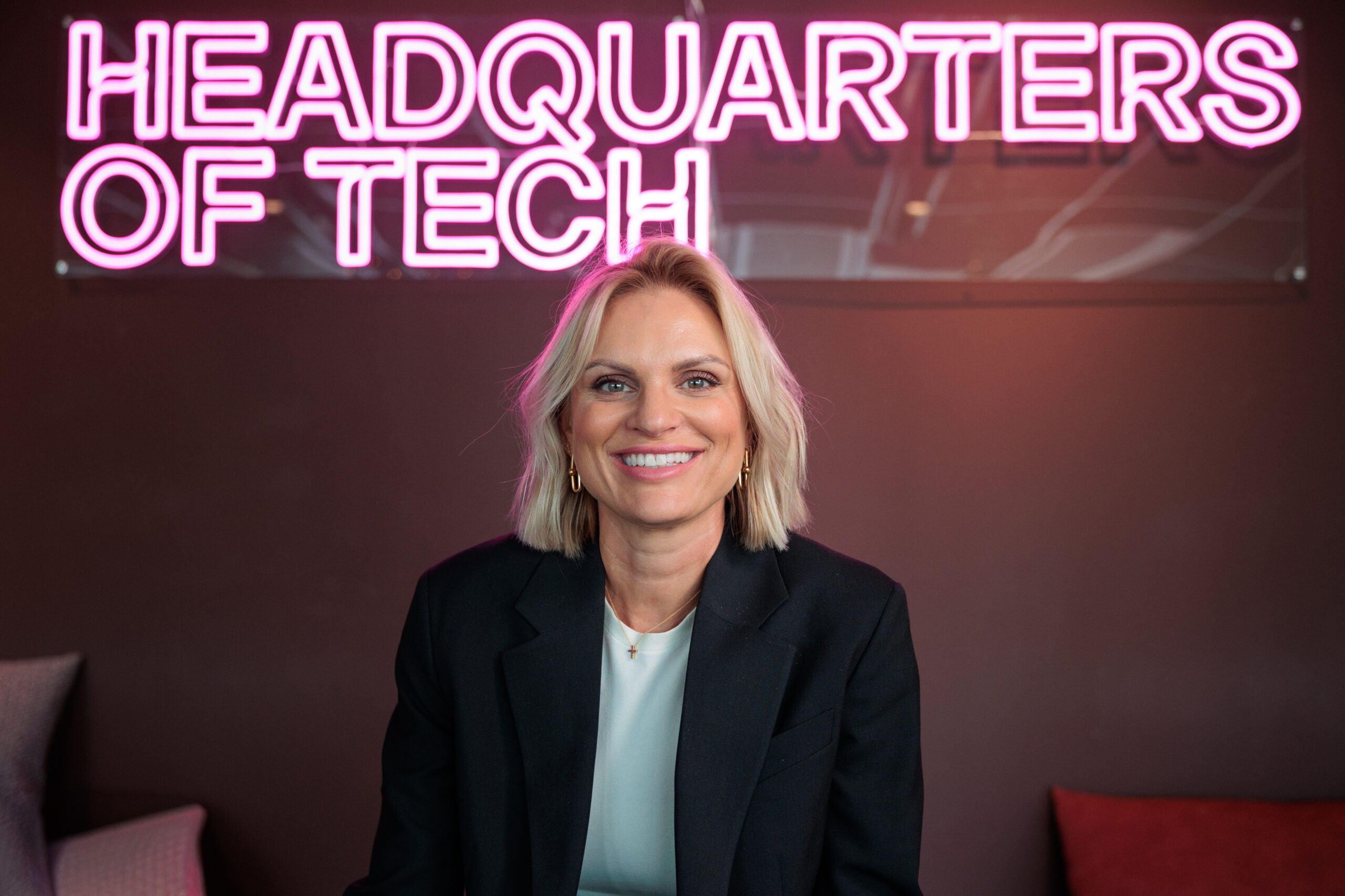Part 1: AI and the Competence Shift: Ready for the Next Big Leap?
AI and the Competence Shift: Ready for the Next Big Leap?
AI is redrawing the map of the financial sector. What was once a vision just a few years ago has now become everyday reality. While large international players are already deploying advanced agentic AI systems across multiple areas of their operations, most Swedish banks remain in a cautious pilot phase. The question is no longer whether to use the technology, but how fast competence and culture can evolve to meet a transformation that is already here.

This article is part one of the series Finance in Transition, where we explore how AI, cybersecurity, and cloud technology are shaping the financial ecosystem of the future.
AI in Finance – Here and Now
AI is already influencing everything from credit analysis and risk modelling to onboarding and customer experience. According to international reports, 42 percent of banks worldwide use AI to enhance customer experience and streamline key processes. Most major institutions have introduced AI in selected areas of their business rather than at full scale.
In Sweden, most banks are still in a pilot stage. Around 12–17 percent are using AI for specific analytical tasks, while full-scale implementation remains rare. The focus is on small-scale experimentation—often in data collection, customer service, and reporting—and on understanding how AI can create real value while maintaining compliance with regulations and ethical standards.
The Next Step: Agentic AI Systems
The development is now moving toward agentic AI systems—technology that not only automates but also learns, improves, and acts independently within defined boundaries. Internationally, pilot projects are underway where digital assistants help with loan processing, reporting, and fraud prevention.
In the Nordics, these systems are being tested but are not yet fully integrated into everyday operations. According to several international reports, 96 percent of banks consider agentic AI systems strategically important for the future.
New Rules, New Risks
As AI becomes an integral part of financial operations, demands for accountability, transparency, and ethics continue to rise. The EU’s AI Act, U.S. oversight programs, and Japanese guidelines are setting a new global standard for how banks must explain and govern AI-driven decisions.
In response, institutions are building clearer control frameworks designed to make AI fair, lawful, and robust. Key focus areas include reducing bias, improving data quality, and managing new categories of cyber risk that arise with AI-driven processes.
The Competence Shift That Changes Everything
Competence is the true differentiator in this transition. Despite significant investments, global studies show that a shortage of AI expertise remains a growing obstacle—particularly among smaller banks and in regions where adoption is slower.
Some international leaders, such as Citibank, have rolled out AI training for all employees. In the Nordics, the pace is more gradual, with progress often linked to the expansion of pilot projects. According to the AI Index 2025, a learning culture and the courage to experiment are cited as decisive success factors for long-term competitiveness.
From ESG to Fraud Detection – Concrete Examples
Banks are already using AI to automate ESG reporting, integrating data from multiple sources to achieve faster and more transparent sustainability disclosures. At the same time, agentic platforms analyze transaction patterns in real time, flagging suspicious activity long before a human analyst could react.
AI is also transforming customer engagement. Intelligent systems combine data, analytics, and human understanding to offer personalized advice and build stronger, more enduring relationships with clients.
Leadership and Ethics – Keeping the Human at the Centre
Technology is powerful, but its success depends on the people who use it. Achieving true AI maturity requires courageous leadership, clear values, and a blend of business insight, technical expertise, and empathy.
The organizations that will lead the way are not necessarily those that automate the most—but those that dare to explore, test, and learn as the technology evolves.
Checklist: How to Make Your Organization AI-Ready
- Compare international and Nordic AI trends with your own organization’s maturity.
- Invest in continuous learning and cross-functional teams.
- Implement clear AI governance frameworks that address regulation and mitigate risks.
- Build a culture that values experimentation, learning, and curiosity.
- Explore agentic AI systems through practical, business-driven pilot projects.
Read the next article in the series: Social Engineering and Cyber Threats – The Return of the Human Factor.

Get in touch!
Get in touch!
Choose your nearest office, looking forward to hear from you!
Region Norrköping/Linköping





































































